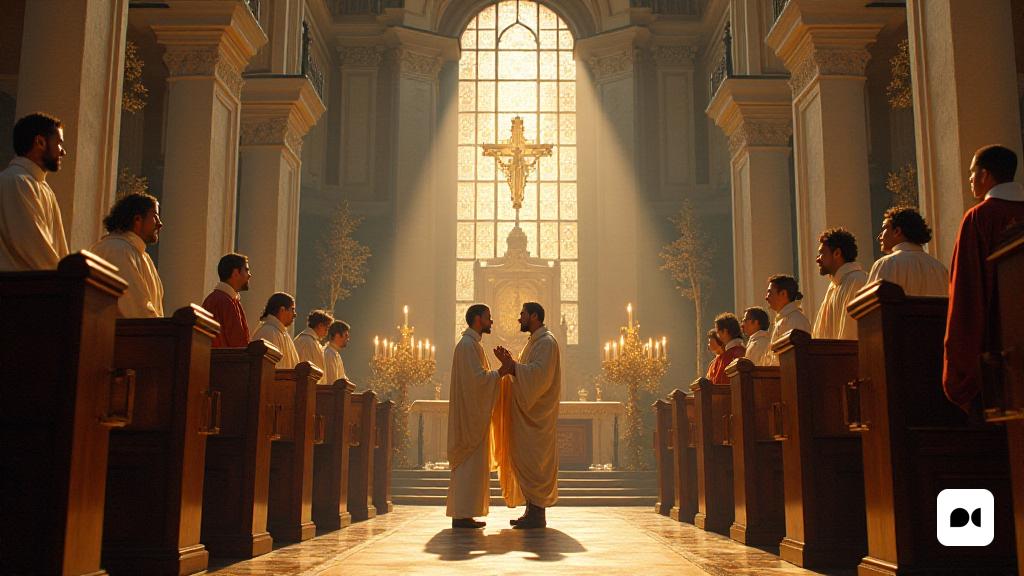The importance of creed in the Christian tradition
In recent decades, religious communities have been established in the practice of reciting the apostolic creed during the Sunday services. This tradition has caused the creed of the first councils, from Nicea and Constantinople, to be considered too extensive, giving rise to the name of ‘short creed’ and ‘long creed’ in religious jargon.
Commemorating the Council of Nicea
In the context of the Holy Year, which celebrates the 1,700th anniversary of the Council of Nicea, our pastoral unit has decided to incorporate the recitation of the Creed of Nicea every Sunday. The key date is June 19, 325, when most of the conciliar parents approved the Creed formula, which was later expanded to the Council of Constantinople in 381.
The beauty and depth of the creed
The recitation of the creed, marked by a slow and rhythm cadence, reveals its beauty and depth. In each word the question of Jesus resonates: ‘Do you think you are reciting?’ Our affirmative answer reflects faith in a creative god, who has manifested itself through his son, Jesus Christ, who shares the same essence as the father.
THE MISTERI OF FAITH
We believe in the salvation that arises from the death and resurrection of Christ, proclaimed in each Eucharist. In addition, we recognize the Holy Spirit, which guides us in the communion of the saints and makes the Church a universal holy community, carrying the grace of baptism and forgiveness.
The creed as a unit symbol
The faith of each of us is a reflection of the collective faith of the Church, representing all those who have received baptism. The Creed is an ecumenical symbol that unites the various Christian churches in its profession of common faith. Thus, its relevance transcends the controversies, such as the question of Filioque, which is now considered irrelevant from an ecumenical point of view.
The creed as a historical password
Historically, the creed acted as a kind of password among Christians; Knowing how to recite it was an unequivocal sign of his faith. In this Holy Year, we are enthusiastically joining the churches that recognize the Creed of Nicea as an expression of the apostolic and eternal faith.
A musical and spiritual experience
When the Catholics listen to and sing the creed with the Gregorian melody, we experience a deep emotion. The first notes transport us through generations, uniting to the tradition of the sensus fidei of the people of God. The creed not only conveys faith, but also a vehicle of connection with the past.
Rediscovering Nicea Creed
On the occasion of Nicea’s birthday, it is a good time to rediscover the theological wealth of the symbol of faith. We propose to recite it every Sunday during the Eucharist, sing it at important festivals and share its meaning in catechesis, thus living our faith actively and committed.

